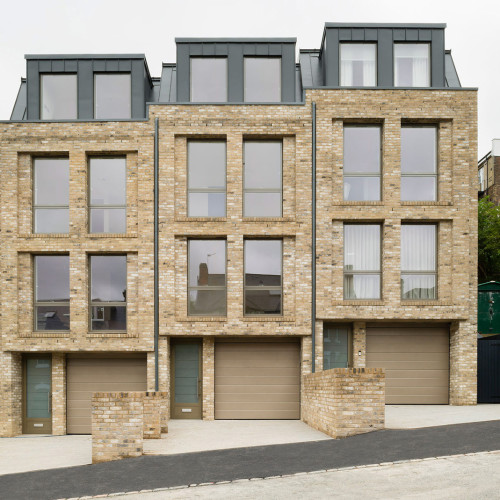Construction-Starts A Third Lower Than Last Year
Glenigan, the business intelligence firm, has released the August 2023 edition of its Construction Review which shows that building starts are down a...
Read Full Article
Glenigan’s December Review shows a pick-up in momentum as economic certainty starts to return. There has already been a 31% increase in project-starts over 2024 and a 6% rise in main contract awards against 2023 levels.
There has, though, been a 34% fall in detailed planning approvals against 2024.
This Review focuses on the three months to the end of November 2024, covering all major (>£100m) and underlying (<100m) projects, with all underlying figures seasonally adjusted.
The latest data paints a generally positive picture. Project-starts and main contract awards showed promising year-on-year growth, highlighting returning socioeconomic stability after an extended period of market uncertainty. However, tempering these activity boosts, detailed planning approvals suffered a significant decline, indicating that persistent cost pressures and dented industry confidence continue to hinder sector-wide revival.
Housebuilding
Commenting on the December Review, Allan Wilen, an economic director at Glenigan, says: “There’s definitely work to be done and the latest figures show glimmers of recovery, with modest growth in project-starts and contract awards offering a degree of optimism. The Autumn Statement and some of the immediate actions taken by the government to kickstart building in some verticals, particularly housebuilding will have helped.
“However, the sharp decline in detailed planning approvals highlights investors will be keeping their powder dry until more stability returns to the market, inspiring the confidence needed to turn on the development pipeline tap.”
A game of two halves
Wilen adds: "In line with our forecast predictions, the first half of 2025 will unlikely see significant growth, however, the second half of the year will likely see a sudden spurt, following the government’s spring spending review and sector-specific strategic announcements. A sustained focus on public infrastructure, health and housing projects will be critical to driving recovery in 2025 and beyond. The industry will be watching closely to see how these fiscal policies and investment commitments translate into on-the-ground activity."
Residential
The Review period was relatively stable for residential construction, with project-starts falling 1% against the preceding three months to stand 6% lower than a year ago. Private housing construction starts were largely responsible for the decline, falling by 3% against the preceding three months and by 1% compared with last year. However, this was balanced out by social housing starts which increased 4% during the three months to November, despite coming in 20% down on the year before.
Non-residential
Overall, non-residential performance rallied during the Index period, with starts up against both the previous quarter and last year. Hotel & Leisure rose 37% against the preceding three months to stand 71% up on the same time a year ago. Education project starts also grew, rising 31% against the preceding three months and increasing 29% against the previous year. Offices had a good period, with the value of underlying project starts increasing 24% against the preceding three months and standing 2% up on a year ago.
Industrial project start performance was dismal, suffering a 22% fall during the three months to November to stand 4% lower than a year ago. Civils growth was poor, with starts decreasing 17% against the preceding three months and remaining flat against the year before.
Costs causing trouble
Damien Wynne, the co-founder of the housebuilder Q New Homes, says: “High costs continue to constrain firms, especially firms looking to build with a high-quality finish and sustainability in mind. This is limiting their ability to fully leverage the recovery. The upcoming increase to employer national insurance contributions, for instance, could strain construction firms’ finances, restricting investments in projects and innovation. Smaller developers, already burdened by high material and labour costs, may face significant challenges staying competitive.
“However, the government’s £5 billion housing development commitment offers light at the end of the tunnel and could see new work increase at a faster rate. It could help ease financial pressures by fostering opportunities and supporting affordable housing initiatives.
“The continued recovery of the construction sector is also being supported by key economic factors such as the Bank of England's recent interest rate cut to 4.75% and inflation forecasts near the government’s 2% target. If these economic conditions hold steady, it will create a more favourable environment for developers and investors alike.
“Additionally, the growing demand for sustainable construction presents a competitive edge. Buyers and investors are prioritising energy-efficient, eco-friendly properties, driven by climate change awareness and potential long-term savings.
“Firms that embrace sustainability are well-positioned for future growth. Green builds unlock access to financing, attract environmentally conscious buyers and deliver lasting value.”
Picture: A sustainable Q New Homes project.
Article written by Cathryn Ellis
17th January 2025